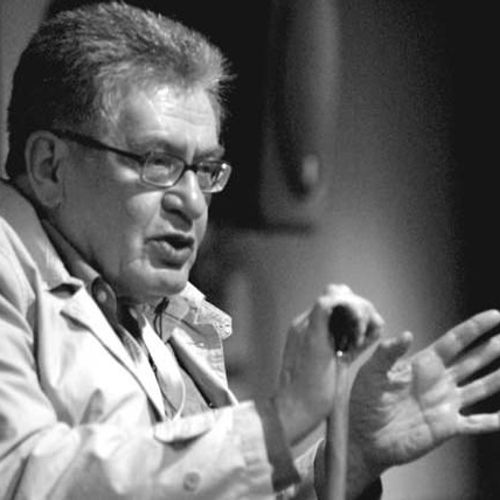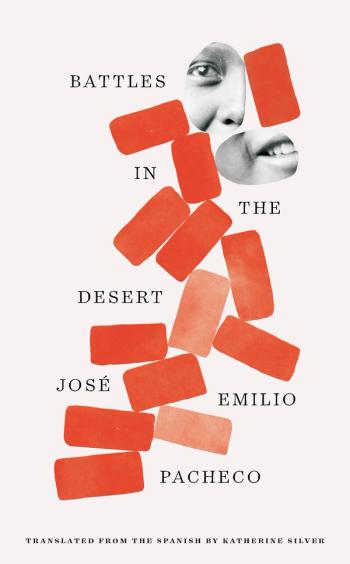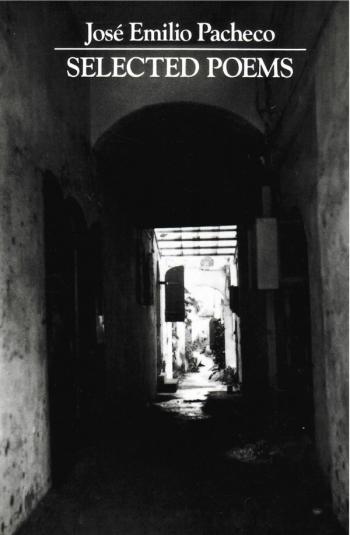José Emilio Pacheco
José Emilio Pacheco (1939- 2014) is one of Mexico’s foremost poets, novelists, and essayists. A lifelong resident of Mexico City, Pacheco has been a guest lecturer throughout the United States, Canada, Great Britain. Some of Pacheco’s best known collections of poetry include Miro la tierra (which documented the Mexico City earthquake), El reposo del fuego, Fin de siglo y otros poemas, _Arbol entere dos muros/_Tree between two walls, and Selected Poems. His No me preguntas cómo pasa el tiempo was awarded Mexico’s National Poetry Prize. New Directions publishes two titles by Emilio Pacheco: Battles in the Desert & Other Stories, translated by Katherine Silver; and Selected Poems, Edited by George McWhirter with various translators (bilingual) (both 1987).


